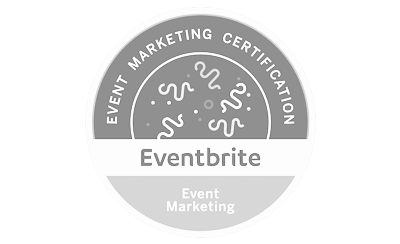
In today’s digital-centric world, reviews are essential. We look to them to know if a new restaurant we want to try out will be worth it, if the latest smartphone really lives up to the hype, or even just to see what people are saying about the newest super hero movie franchise’s release. So while we often look to Yelp and other review-focused sources for this information, why is it many neglect to do the same for themselves professionally?
Most people know LinkedIn is an essential tool for staying connected with professionals in your field of work, as well as a good source to find new and exciting opportunities. But what few realize is the absolute importance of utilizing the endorsements and recommendations features available on the site.
Both the recommendations and endorsements features on LinkedIn allow for users to showcase “proof” of what they do. For attorneys these are essential features for others to verify you are knowledgeable within your specific practice areas. They allow for colleagues and/or former clients to vouch for your skills and experience, increasing your credibility for those who may not know about you or your firm. Though it is essential to utilize both features, they do work very differently within LinkedIn.
How Endorsements Work on LinkedIn
When you first create your LinkedIn profile, you have the option to create a list of skills to highlight your expertise. As an attorney these skills can include litigation, arbitration, your specific practice areas, and more. If others have already endorsed you for a specific skill (e.g. “personal injury litigation”), that specific endorsement will fall at the top of your skills list along with those who have endorsed you for that skill listed next to it. Other skills you may have listed with a lower number of endorsements will show up in an itemized list farther down the page.
Anyone within your LinkedIn network can endorse you by simply clicking on the skill you have listed, and multiple people can endorse you for the same skill. This can help recruiters, prospective employers, as well as potential clients and prospects find you more easily and verify your status as an accomplished and experienced lawyer.
How Recommendations Work on LinkedIn
Recommendations work a little differently from endorsements and are oftentimes viewed as more meaningful. This is because a recommendation is essentially a written review from someone within your network discussing you and your abilities. These essentially work like a letter of recommendation, but much shorter and more public.
Because this feature is underutilized on LinkedIn, most users are not proactive about leaving recommendations for their peers and colleagues, so building up this section of your profile may require directly asking for a LinkedIn review. While this can be done through LinkedIn’s platform by going to your profile and clicking the “request to be recommended” button, we find asking in-person or via email to be much more meaningful. Alternatively, try leaving a recommendation for someone else, with the hopes they may reciprocate.
Recommendation take more time and effort on the part of the person writing the statement, as they are writing about their experiences with you as a professional. This is what makes these recommendations so powerful. They add an extra little something to your profile by having someone directly say they think you do great work and why. It is a demonstration of trust and helps to show others you are a trustworthy advocate.
We recommend obtaining recommendations from co-workers, professional peers outside at other firms, vendors you work with, and a superior at your firm. Recommendations from superiors are that much more powerful as they show others you are a truly valued member of your firm and are recognized by those above you as a key player.
Want to Know More About How to Further Optimize Your LinkedIn Profile?
Ultimately, you absolutely want to include both endorsements and recommendations on your LinkedIn profile to build rapport with others, establish your professional credentials, and highlight your abilities to potential clients, referral sources, and even recruiters. While endorsements are easier to obtain, recommendations are certainly more meaningful, and both can be utilized to further your credibility.
The legal marketing experts at Stacey E. Burke, P.C. are well versed in the ins-and-outs of social media and how it can be best utilized for law firms of any size. Contact us today to learn more about how we can help you build your social presence.














Leave a Comment